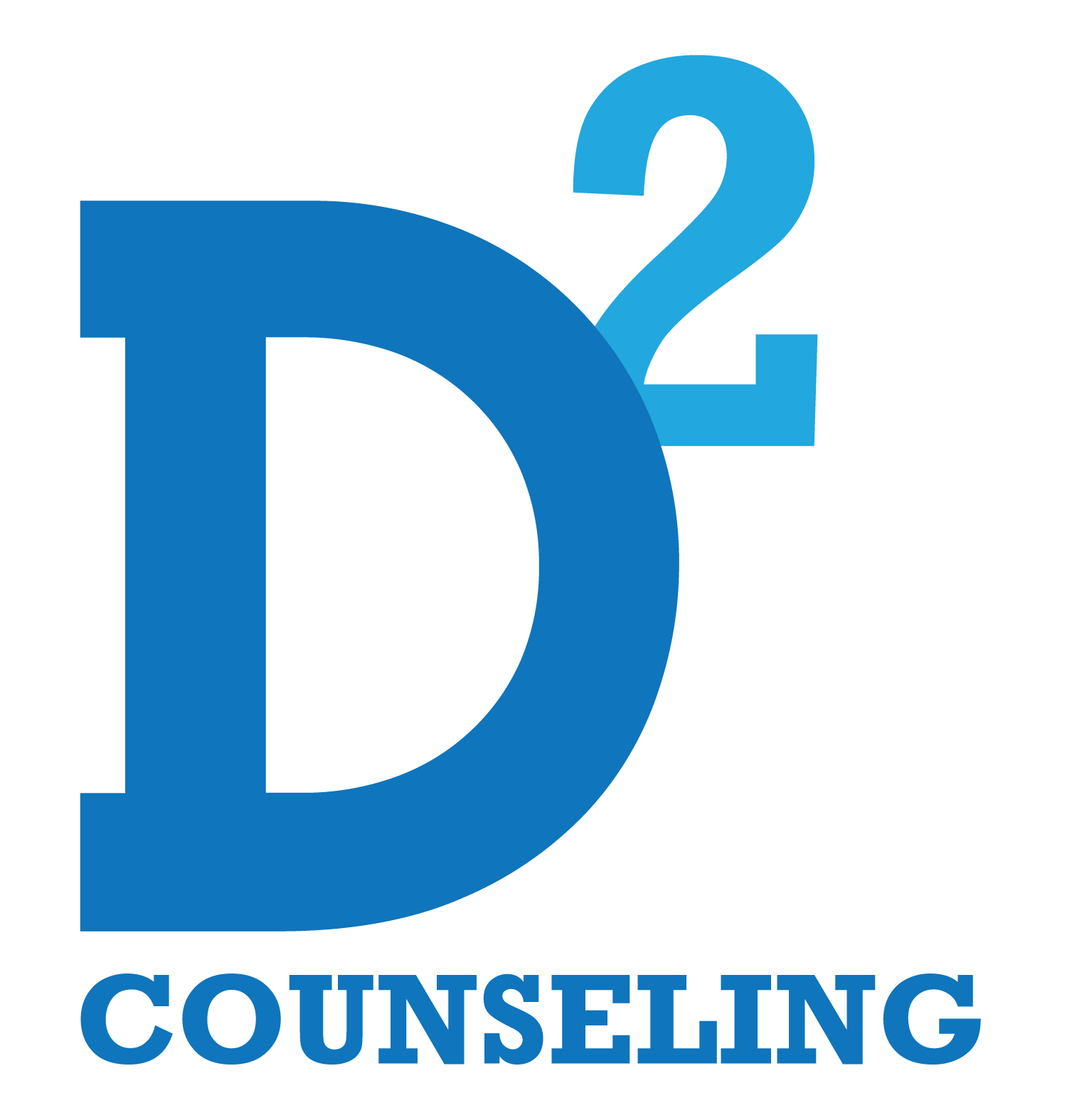Though studies have shown that journaling can be so effective that it can even reduce the number of sick days a person needs to take from work, many still resist putting their most private emotions onto paper. Keeping a diary can consist of keeping straightforward notes on travels, to-do lists, and daily activities. In contrast, therapeutic journaling encompasses the entire process that begins with writing to express feelings about significant life events and leads to processing those emotions in order to reach a deeper understanding of oneself. This type of journaling involves putting a pen or pencil to paper, which allows for more thorough reflection as compared to typing on a device.
Many studies have shown that writing about traumatic events can actually significantly benefit both physical and mental health. Journaling has been shown to lower levels of depression, anxiety, and intrusive thoughts.

But how can the seemingly simple act of writing make such a powerful impact?
When an individual goes through a traumatic event, it can affect all facets of their lives, not just the part directly touched by the trauma. Writing can help those struggling with trauma to organize their thoughts on what they experienced. The act allows people to get negative thoughts out onto paper and then process them in a less emotional way. The potential benefits of journaling don’t end with lowering depression and anxiety. It can also improve the body’s immune response by helping individuals to have a more positive overall view of themselves, making them less prone to mental health issues that lead to physical diseases. Journaling can also improve memory by making it easier to remember details that are written down several times, as well as making patterns in relationships and oneself clearer to identify and address.
Gratitude is also often a byproduct of journaling, as the process encourages one to reflect on life as a whole, including all of the good things. This, in turn, can lead to better sleep, more exercise, and increased optimism. Overall, journaling can be a productive habit for those wanting to lead a happier and healthier life.
However, the process of confronting distressing memories and thoughts isn’t always pleasant. Research has shown journaling to be an aid in recovery from both emotional trauma and addiction, but journaling is an especially helpful tool when used in conjunction with therapy.
A trained therapist, such as those at D2 Counseling, can offer guidance on how to approach journaling for it to be most effective but without judgment or a rigid structure. Knowing that their innermost thoughts are private and valid, D2 clients can confidently journal while also finding support in meeting with a therapist who is walking the journey toward healing with them.
WATCH YOUR STEP
TRIGGER! TRIGGER! TRIGGER! – I have been stuck on a battlefield with a
landmine full of triggers exploding all around me for the last 8-10 months. This
battlefield isn’t new to me… I have been here before. I have the deep scars
embedded into my skin making it impossible to forget. Navigating this land has
never been my strong suit. I’ve never been properly armed with the right
equipment. This last battle, however, is different from the others I have fought in
– my morals and values are now at risk of being stripped away. The enemy has
strategically arranged the landmine to pull my focus from the real threat of losing
my soul. When I’m able to finally tear my eyes away from the eruptions, I see the
enemy has silently surrounded me. It is closing in with every passing second. It’s
too late. What do I do?! There is no escape. I’m going to lose. As it creeps closer, I
identify the all-encompassing darkness that is about to overtake me – addiction. I
close my eyes and take a deep breath as it washes over me, into me.
Addiction doesn’t care about morals or values. Addiction only cares about getting
its selfish needs met. It feeds off a lifetime of trauma and childhood wounds,
making it excruciating to break free of. It demands the full attention of the tenant
it overtakes. It destroys anything and anyone in its path… including the tenant’s
worth, esteem and being. The longer addiction is fueled, the greater it sinks its
sharp, menacing claws into one’s soft and supple flesh. Its strategy is brilliant as it
makes one crave the very thing that will cause imminent death. One cannot
defeat addiction alone. It requires God and a team full of people to go to combat
to begin loosening addiction’s death grip. However, addiction does not shy away
from a fight. It will use every weakness, every trauma, every negative core belief
to its advantage. Just when one thinks the battle has been won, addiction rears
its ugly head again. It’s easy to lose faith knowing this will be a lifelong fight.
Although not all hope is lost. Using the tool of knowledge will equip one to keep
addiction at bay. The tenant can awaken and choose, not their thoughts, but their
actions. They can lean on God and the support of others to remind them of their
worth and value. It is by using these resources that a true warrior will emerge
Victorious.
-Anonymous
By allowing the writer to work through trauma, process their current situation, and find insight into patterns in their life, past wounds can be healed as they move forward. If you’re ready to start the path to freedom, D2 is ready to help you today.

